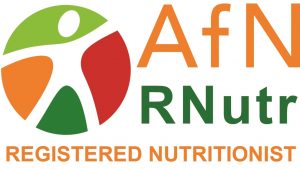Whilst travelling for work, with time-limited, it’s great to be able to pick up snacks that look amazingly healthy.
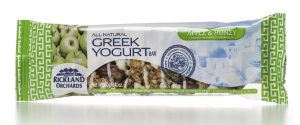 The range of snacks with nutritious credentials has mushroomed, which is very exciting for those of us who want to eat well on the go. Many come with exotic names to tempt us, like the Paradise Protein Bar and some have muted descriptions like the Balanced Choice collection from Greggs, but the intention is the same – an easily portable package of snack food that reassures us that we’ve made a healthy choice!
The range of snacks with nutritious credentials has mushroomed, which is very exciting for those of us who want to eat well on the go. Many come with exotic names to tempt us, like the Paradise Protein Bar and some have muted descriptions like the Balanced Choice collection from Greggs, but the intention is the same – an easily portable package of snack food that reassures us that we’ve made a healthy choice!
Why would we buy a ‘nutritious’ type of snack?
They are very convenient. Many have tough packaging and long shelf life. They can be eaten immediately or kept for weeks in our travel bag.
Some cover very specific dietary requirements. For example, Costa Coffee does a gluten-free, vegan, fruity flapjack and Starbucks does a vegan Pistachio bar and a Cocoa, Almond Energy Ball.
But how healthy are they?
Well, they might be tasty, but some are quite high in sugar and fat.
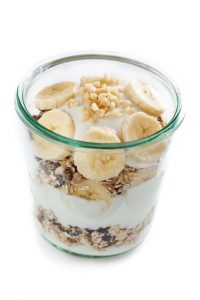 We can’t argue with the credentials of fruit. Many outlets like Starbucks, sell Fairtrade bananas, easy to digest with lots of potassium and dietary fibre! Others, like Greggs, do fruit in a Summer Berry Pot or with yoghurt and granola – the Mango and Granola Yoghurt has 207 kcal, is fairly sweet but also low fat. Dried fruits are a sugary treat but again have lots of fibre; Costa does dried Mango, a 30 g serve has 96 kcal.
We can’t argue with the credentials of fruit. Many outlets like Starbucks, sell Fairtrade bananas, easy to digest with lots of potassium and dietary fibre! Others, like Greggs, do fruit in a Summer Berry Pot or with yoghurt and granola – the Mango and Granola Yoghurt has 207 kcal, is fairly sweet but also low fat. Dried fruits are a sugary treat but again have lots of fibre; Costa does dried Mango, a 30 g serve has 96 kcal.
The low-calorie savoury snacks such as Pretzel packs have less than 100 kcal but too much salt. Even the 145 kcal serving of ‘lightly’ salted Chibbs puffed Chickpeas that I bought in Sydney recently, tasted very salty.
Small packs of regular raw nuts can be put together at home, but are also available in outlets, they have lots of protein, fibre, monounsaturated oils and very little processing.
Check the small print
Front of pack labelling can be very seductive but a little misleading. We need to look carefully at the nutrition information in the small print.
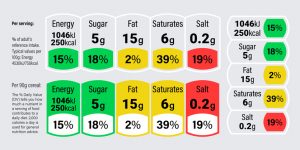
In Australia I tried the Cashew Crunch Power Cube with labelling to tempt me with ‘go on, crunch yourself happy’ while the Paradise Protein Bar explained that they believe ‘in love, in freedom and quality of life’ which is nice to know but nothing to do with our snack.
My Chibbs puffed chickpeas listed only three ingredients, chickpeas, oil and salt, but chose to advertise on the pack they are gluten-free, dairy-free, vegan, and have no added sugars, sweeteners, additives or preservatives – too much information clouding the picture.
Many of the sweet vegan products are high in saturated fat, especially if coconut oil and cocoa are present. EU labelling tells us the percentage of our daily recommended intake the food contains, but in Australia, the tiny print tells me these products have around 9 g saturated fat per serving, but the information isn’t very useful without knowing how this relates to our daily allowance (no more than 20 g saturated fat per day). Traffic light type labels make it easy to quickly assess food – even for a nutritionist!
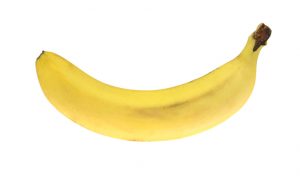 Sophisticated concoctions aren’t cheap, my Australian vegan snacks were between A$3.5 -$5. But the shelf life is long and even those with ‘compostable’ wrappings will survive time spent in the bottom of a backpack.
Sophisticated concoctions aren’t cheap, my Australian vegan snacks were between A$3.5 -$5. But the shelf life is long and even those with ‘compostable’ wrappings will survive time spent in the bottom of a backpack.
My choice remains for a piece of fruit and some simple nuts and avoiding the complex food processing that makes it tricky to know exactly what you are eating.
© 2019 Executive Travel Vitality



























